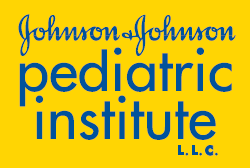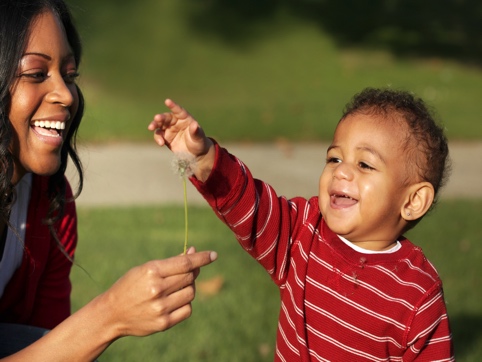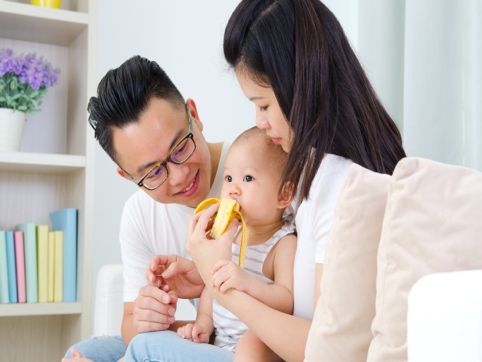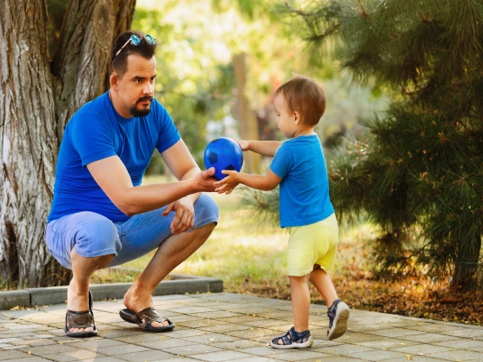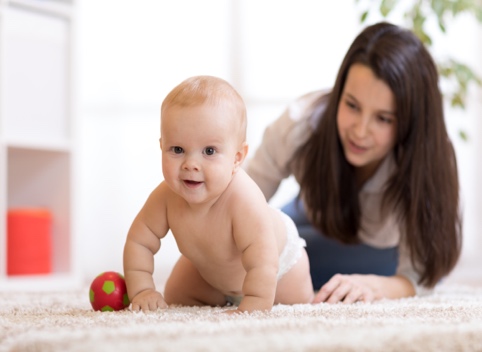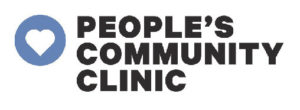Family
Caring for your baby can require a lot of time. Remember to still make time for your partner, your other children, and to reconnect with friends. Connecting with other moms can serve as a good support system.
Development
You will notice your baby will enjoy face-to-face play. He/She may now sit with support and begin to string sounds together. He/She should be reaching for objects and transferring them between his hands. It is important to play and continue to read daily and engage your baby to help with brain development.
Health
Now that your baby is starting to eat, remember never to share spoons with your infant nor clean his/her pacifier with your mouth. This can increase their risk of getting cavities. Find your baby a dentist and schedule his first dental appointment, even if he doesn’t have teeth. If your baby has teeth, you should brush them twice a day with a toothbrush and children’s fluoride toothpaste in an amount no more than the size of a grain of rice. Never let your baby sleep with or prop a bottle, and start removing night feeds. These may both increase the risk of cavities. You may also introduce a sippy cup now. Seek care with any fever higher than 102.2 °F.
Nutrition
We encourage you to keep breastfeeding your infant. If your baby has good head control you may introduce solids (vegetables first). Introduce a new food item for one week before trying another item to see if your baby has an allergic reaction to the food. Don’t give any cow’s milk or honey until 12 months of age. Do not give your baby juice unless directed by your provider.
Safety
Walkers with wheels are not recommended because of the risk of head injuries and they do not help your baby learn to walk. Some studies suggest walkers may actually delay motor development (crawling/walking). It’s time to childproof your home!
Poison Control: 1 (800) 222-1222. Keep this number in a place where you can easily find it and add it your cell phone contacts. Call this number immediately if your child swallows something he shouldn’t (like detergent or adult medicine).
Never leave dangerous items within the reach of babies (like small objects of plastic bags).
Never leave your child unattended especially on your bed as he is moving more and can fall.
Never leave your child in the car, even for a minute (risk of child death from the heat).
Never leave your child unattended during bath time (risk of burns and drowning).
Set your hot water heater at 120 F to prevent burns.
After Hours and Weekends
After 4:00 PM and before 8:00 AM
For medical advice when People’s is closed call After Hours Nurse line at 512-478-4939
Download PDF here.

